Telescopes
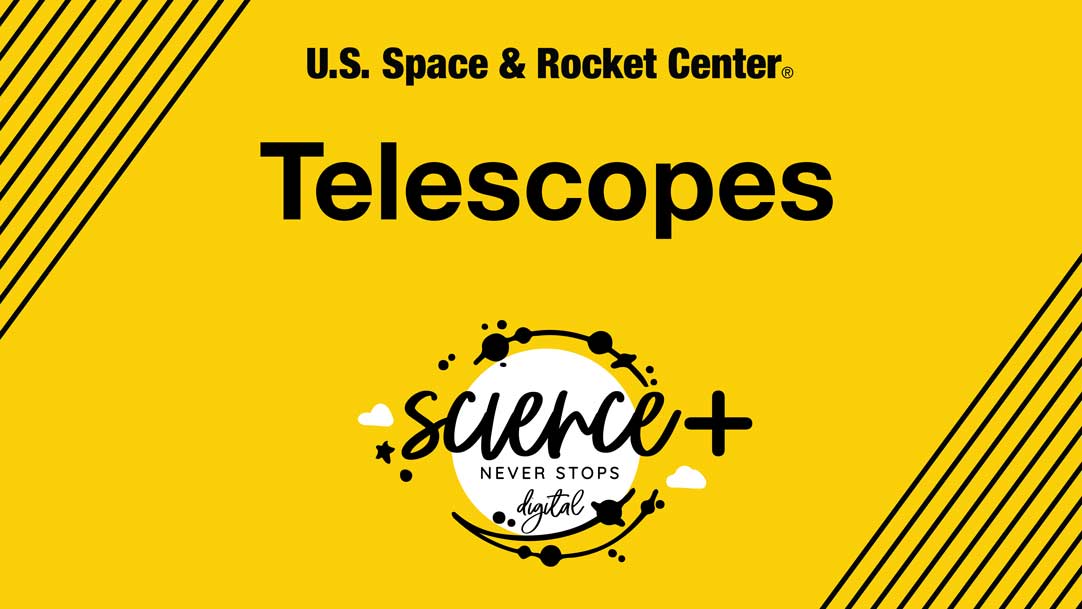 Learn how telescopes work, hear from the U.S. Space & Rocket Center’s own Planetarium Director, David Weigel, investigate the effects of lenses and mirrors on light, apply the principles of refraction to create a simple telescope, learn about the Chandra X-Ray Observatory, the Hubble Space Telescope and more.
Learn how telescopes work, hear from the U.S. Space & Rocket Center’s own Planetarium Director, David Weigel, investigate the effects of lenses and mirrors on light, apply the principles of refraction to create a simple telescope, learn about the Chandra X-Ray Observatory, the Hubble Space Telescope and more.
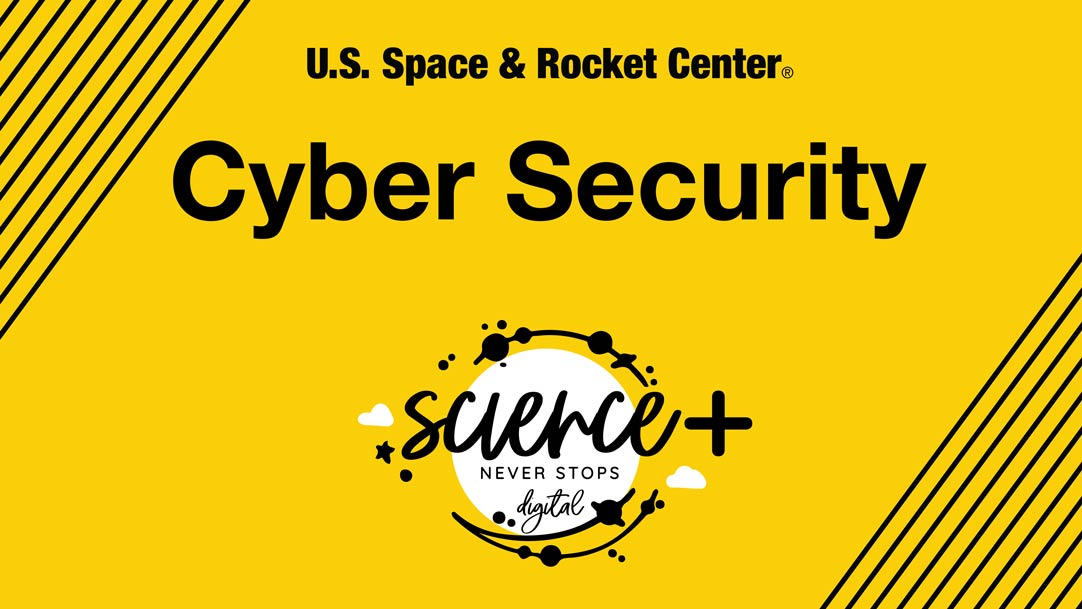 Learn about cryptography and encryption, hear from Shawnessy Scott, a senior analyst who works with the space/defense industry in Huntsville Alabama, experiment with ciphers, learn about the history of the Enigma machine and more.
Learn about cryptography and encryption, hear from Shawnessy Scott, a senior analyst who works with the space/defense industry in Huntsville Alabama, experiment with ciphers, learn about the history of the Enigma machine and more.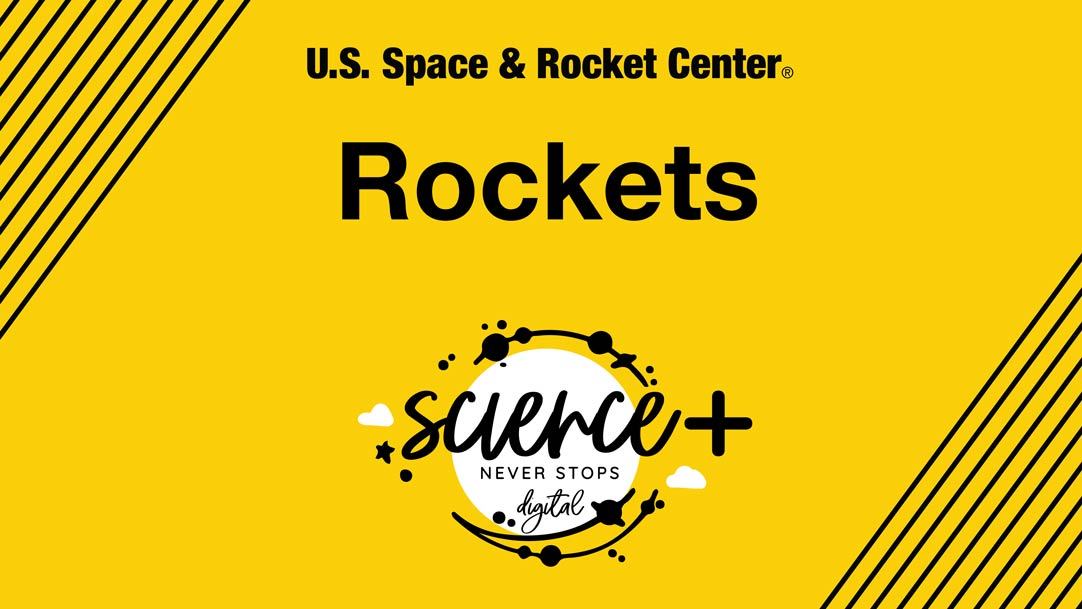 Learn about the history of rockets, hear from Terry Abel, an aerospace engineer, apply the principles of center of mass and pressure, demonstrate that the thrust of a rocket is a force that can counteract and overcome gravitational force, learn about the Saturn V rocket, the Space Shuttle, Artemis and more.
Learn about the history of rockets, hear from Terry Abel, an aerospace engineer, apply the principles of center of mass and pressure, demonstrate that the thrust of a rocket is a force that can counteract and overcome gravitational force, learn about the Saturn V rocket, the Space Shuttle, Artemis and more.
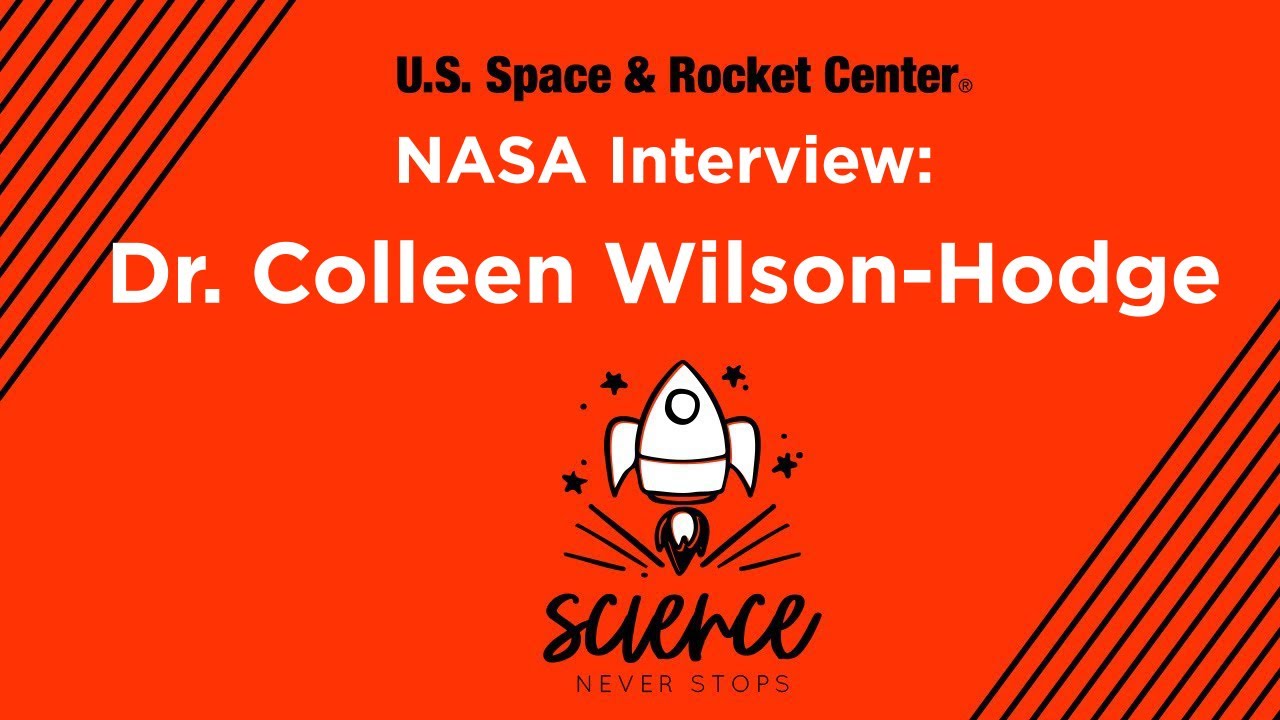 Dr. Wilson-Hodge discusses what it's like to study Gamma-ray Bursts using the Fermi Gamma-Ray Burst Monitor, what an impactful mistake from a mentor taught her about problems and more!
Dr. Wilson-Hodge discusses what it's like to study Gamma-ray Bursts using the Fermi Gamma-Ray Burst Monitor, what an impactful mistake from a mentor taught her about problems and more!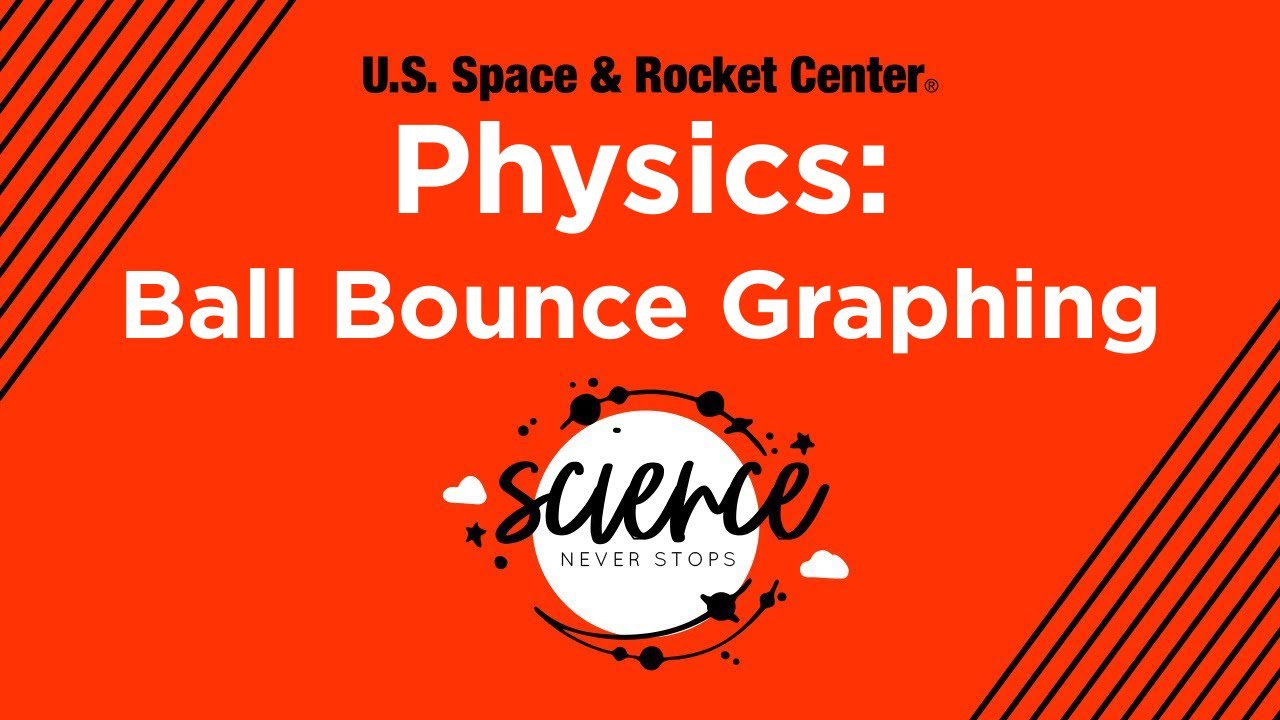 Learn about the Law of Conservation of Energy
Learn about the Law of Conservation of Energy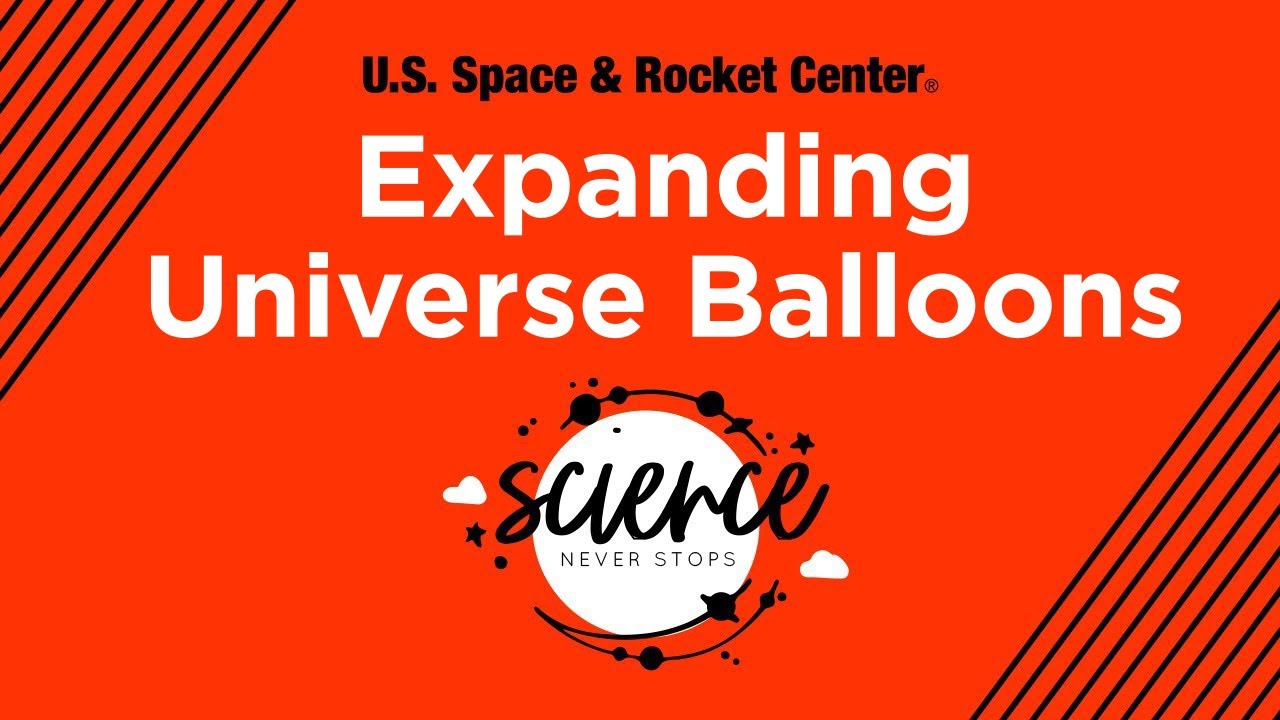 While we don't know everything about the Universe, we do know that it's expanding. See what an expanding universe looks like and learn how you can make your own!
While we don't know everything about the Universe, we do know that it's expanding. See what an expanding universe looks like and learn how you can make your own!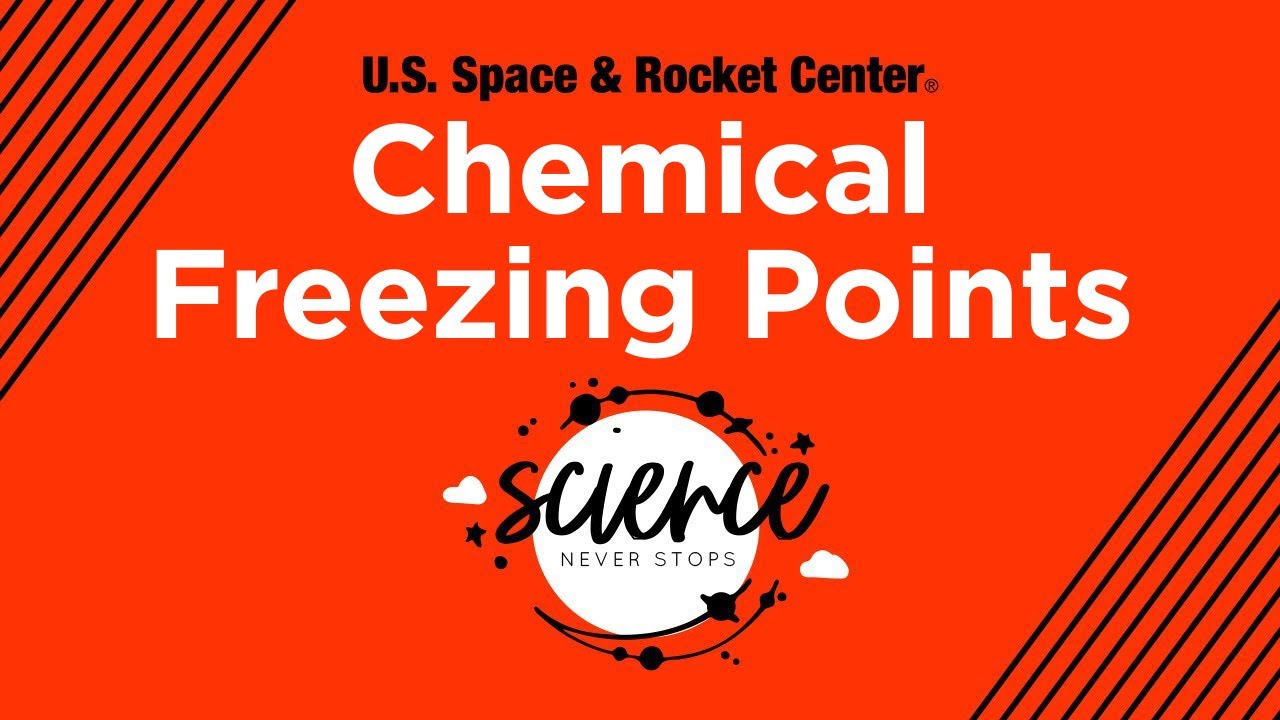 How long does it take tap water to turn into ice? What about salt water or milk? Experiment to learn more about the freezing point of liquids!
How long does it take tap water to turn into ice? What about salt water or milk? Experiment to learn more about the freezing point of liquids!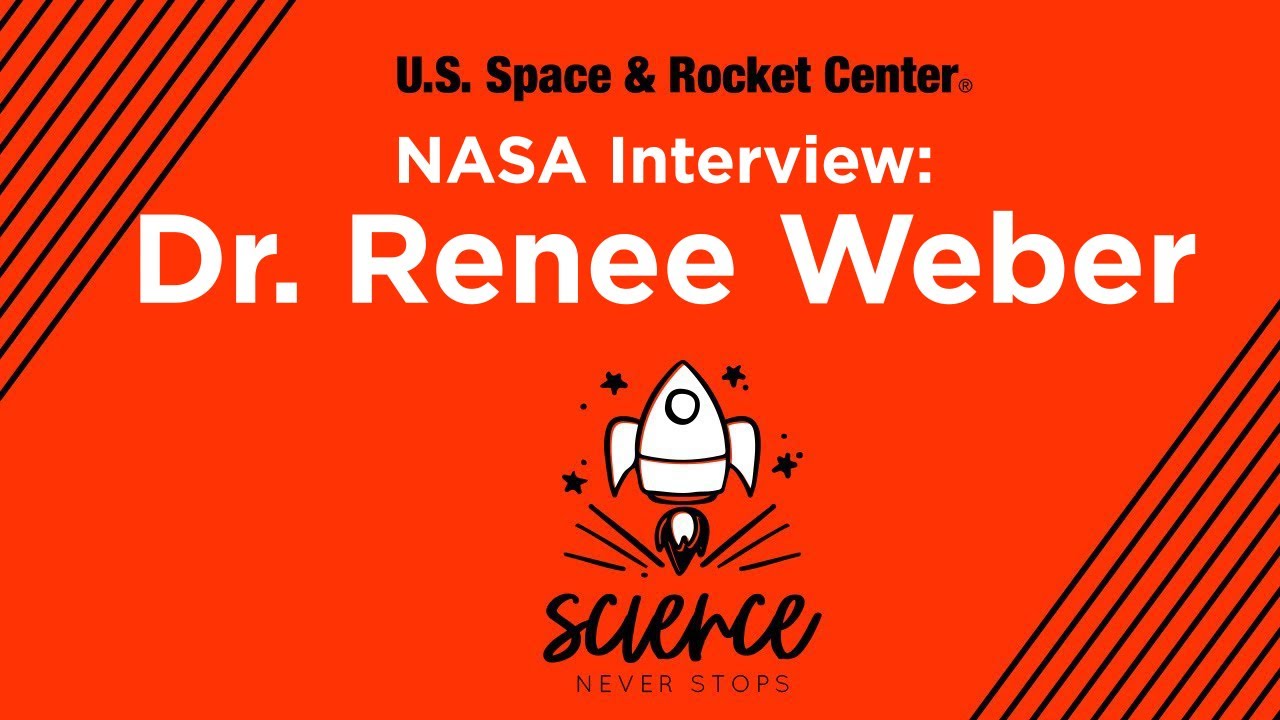 Dr. Renee Weber, Marshall Space Flight Center Chief Scientist, talks about what it's like to study planet quakes on other worlds, including NASA InSight, how she used Apollo-era data in her Ph.D. studies and more!
Dr. Renee Weber, Marshall Space Flight Center Chief Scientist, talks about what it's like to study planet quakes on other worlds, including NASA InSight, how she used Apollo-era data in her Ph.D. studies and more!
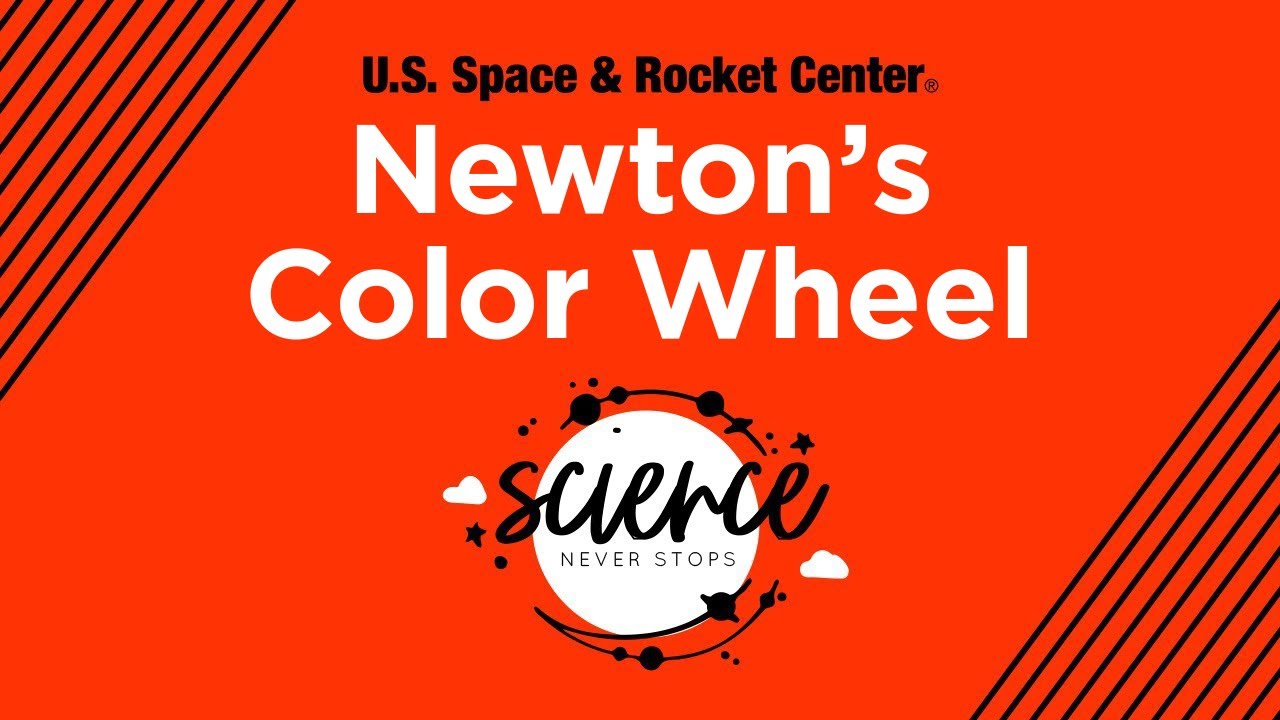 Learn about colors and light while making a color wheel!
Learn about colors and light while making a color wheel!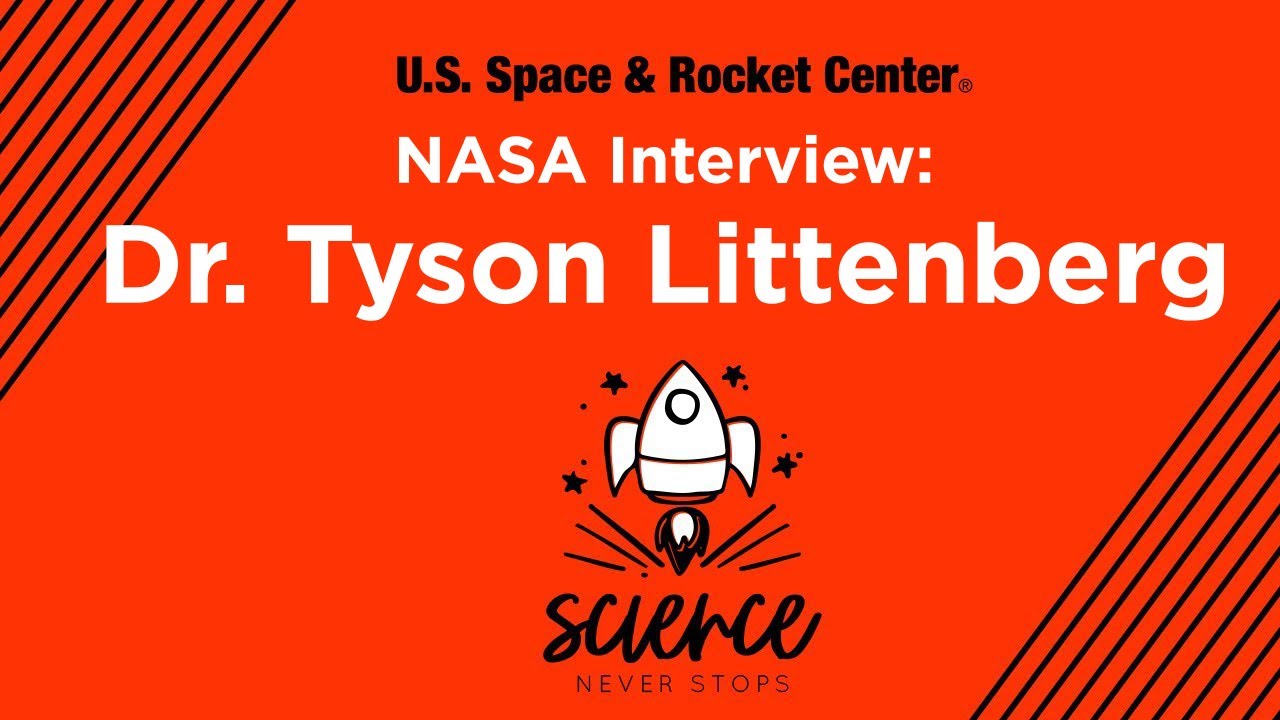 Gravitational Wave Astrophysicist Dr. Tyson Littenberg, who currently works at NASA's Marshall Space Flight Center, discusses the challenges of studying gravitational waves and what future technology will hopefully make it less complicated.
Gravitational Wave Astrophysicist Dr. Tyson Littenberg, who currently works at NASA's Marshall Space Flight Center, discusses the challenges of studying gravitational waves and what future technology will hopefully make it less complicated.